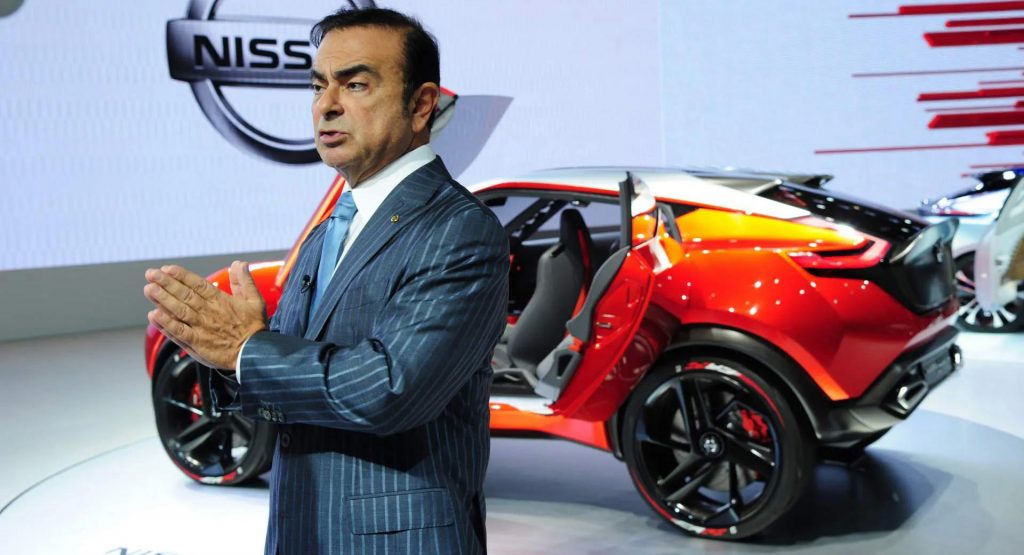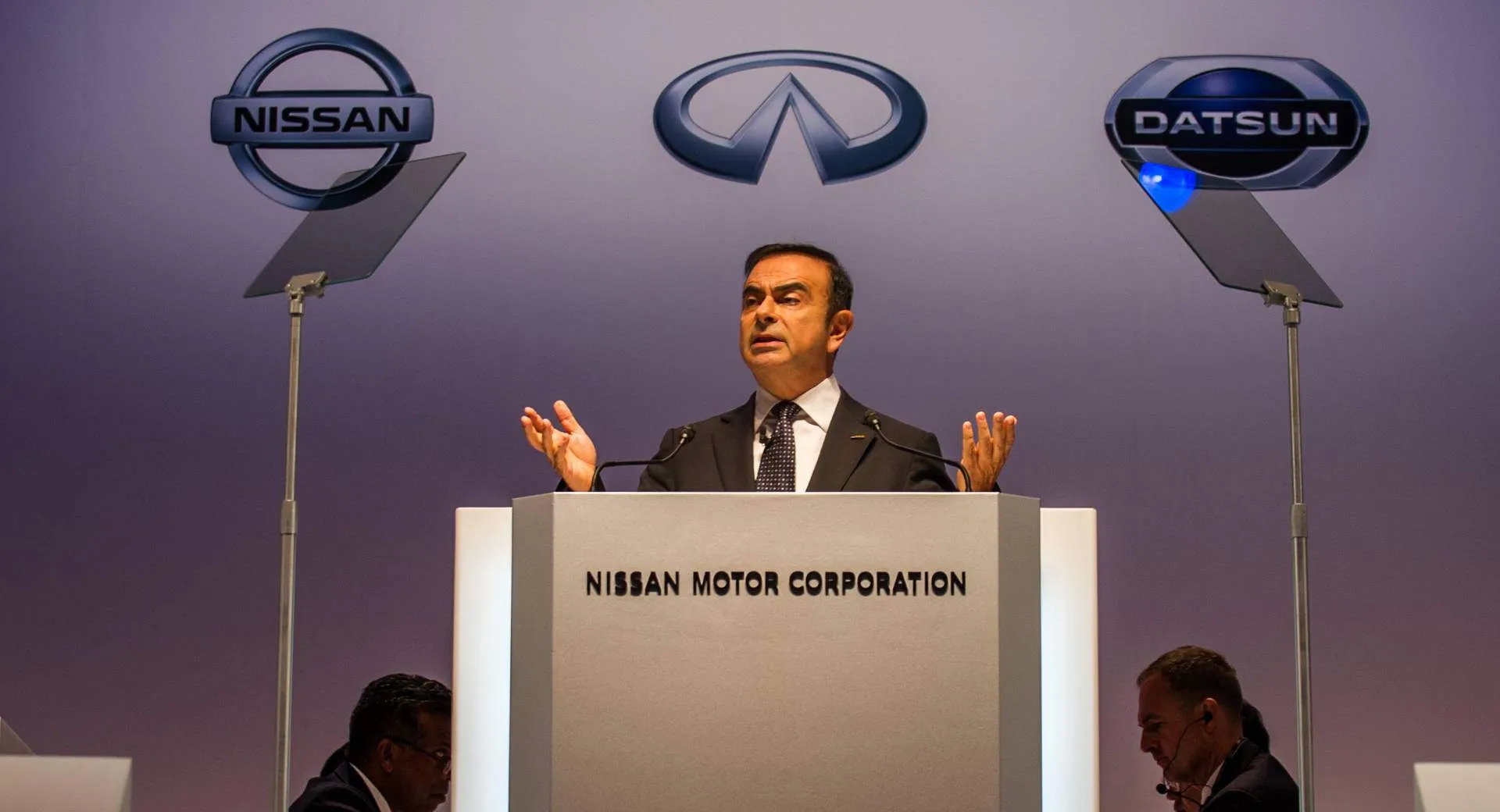Even though former Renault-Nissan boss Carlos Ghosn managed to flee Japan successfully, Tokyo could still request extradition from Lebanon, a country that doesn’t normally extradite its nationals.
During the Japanese government’s first briefing since Ghosn’s escape to Lebanon, Justice Minister Masako Mori was careful not to comment on specifics. However, she did not close the door on extradition talks, reports Autonews Europe.
Approaching Lebanon on this issue is something that would have to be examined very carefully, based on the possibility of “guaranteeing reciprocity and the domestic law of the partner country,” said Mori while addressing reporters in Tokyo.
Also read: Carlos Ghosn May Have Escaped Japan Inside A Box Used For Audio Equipment
While she did not explain what would be required in order to guarantee this reciprocity, some type of quid pro quo would definitely need to be put in place for such a deal to go through. At the same time, Mori also failed to disclose whether or not there are any Lebanese nationals in Japan that might be wanted by authorities in their home country.
During the press briefing, Mori also addressed Ghosn’s claims that Japan’s justice system was “rigged”, stating that no such criticism should be used as a justification for an escape.
“Various comments about Japan’s justice system and this unjust departure are two different things. Departure in an unjust way without proper procedure is tantamount to smuggling, an illegal departure amounting to a crime.”
Meanwhile, Lebanon already announced that it has received an Interpol arrest warrant for Ghosn; however, one senior Lebanese security official reiterated that his country does not extradite its citizens.




